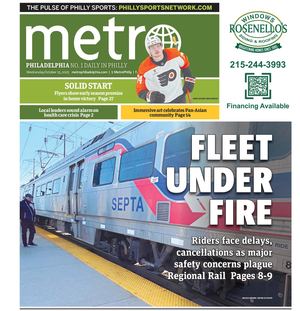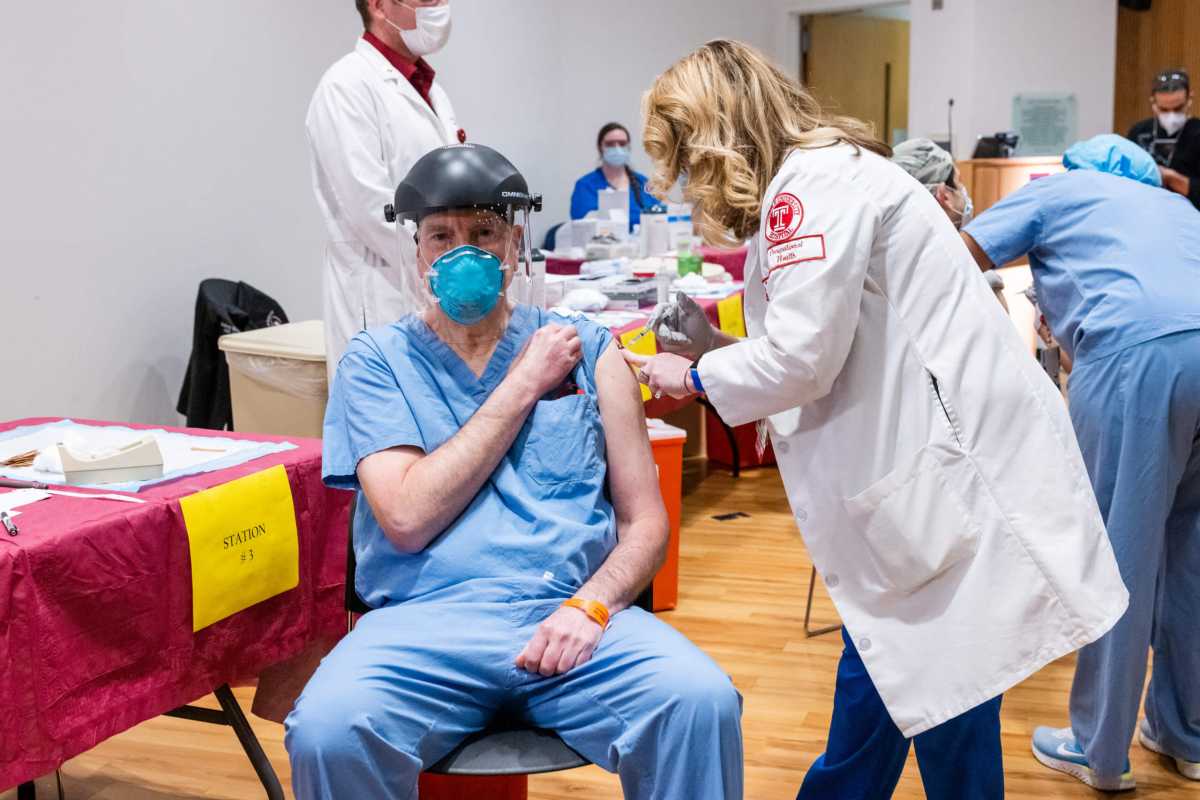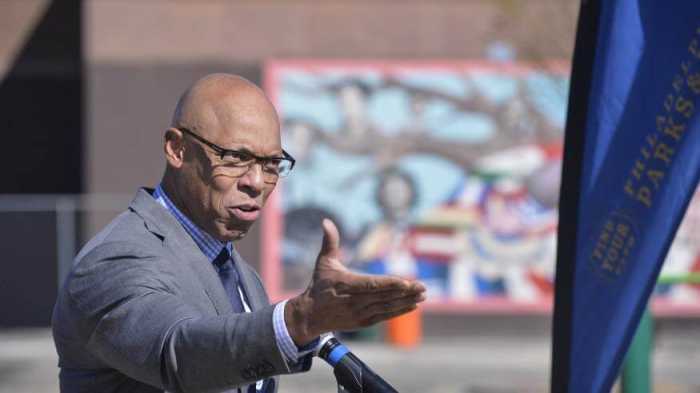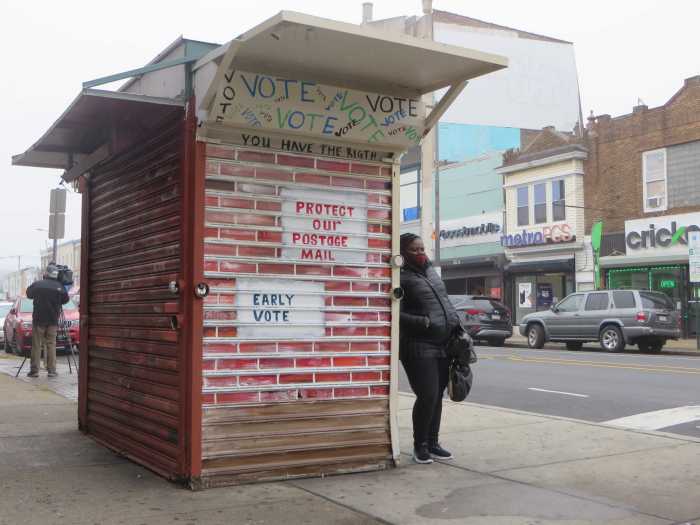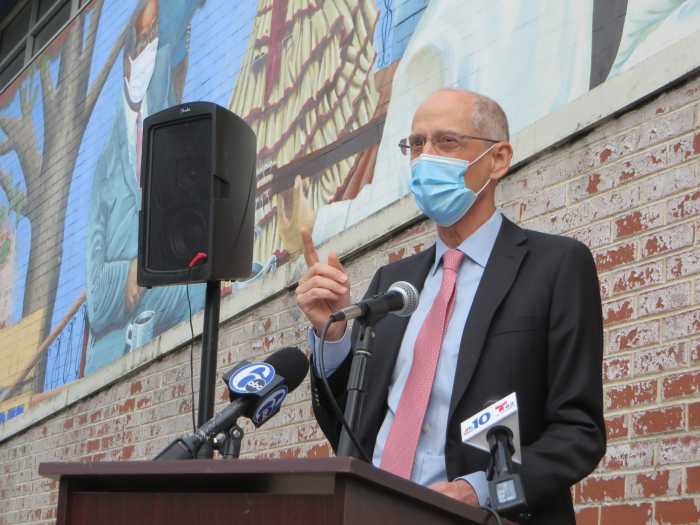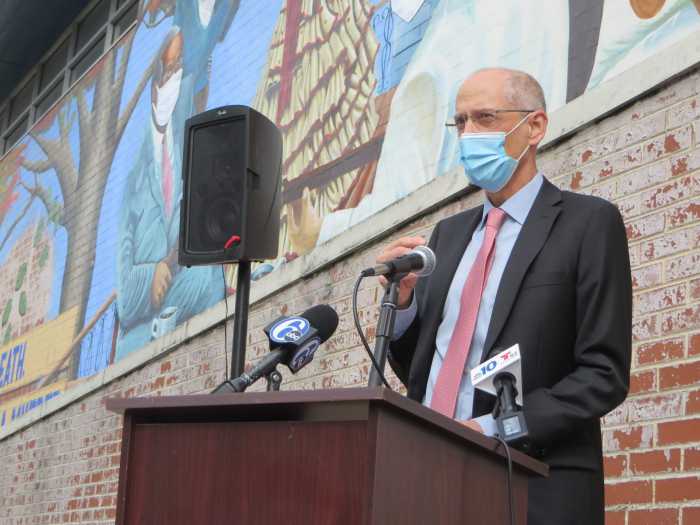People who are 75 and older are now eligible for the coronavirus vaccine in Philadelphia, as city leaders on Tuesday widened the pool of those receiving the vaccine beyond healthcare workers and nursing home residents and staff.
They did not go as far as the Pennsylvania Department of Health, which, following federal guidance, expanded vaccine access to anyone over 64.
Philadelphia oversees vaccine distribution for the city, while the rest of Pennsylvania, including suburban counties, follow state protocols.
Certain groups will be prioritized in the city’s phase 1B. In addition to residents ages 75 and up, people with cancer, chronic kidney disease and diabetes, as well as those under care for an organ transplant, will be first in line.
Simultaneously, the city’s Department of Public Health will be working with employers to inoculate police officers, firefighters, correctional officers, staff at congregate facilities and public transit workers.
Other categories of people in 1B — food service and distribution workers, teachers, retail employees, manufacturing workers and people with COPD, heart conditions, sickle cell disease and obesity — will be vaccinated later.
Health Commissioner Thomas Farley said he has asked hospitals and clinics to begin reaching out to patients who fall into 1B’s top priority group.
Medical providers and city employees will be reviewing lists and contacting people who are eligible, and essential workers will be notified at their job.
Later in the week, a website will be launched where residents can express interest and leave their information. They will then be contacted to set up an appointment, Farley said.
Officials plan to establish a phone line, and people who believe they are eligible can also contact their healthcare provider, Deputy Health Commissioner Caroline Johnson said.
A local vaccine advisory group developed the city’s prioritization plan, and Farley said the document was informed by the city’s high poverty rate and racial disparities.
The second phase is a large group, with 93,000 people over 75 and more than 130,000 with diabetes in Philadelphia. Farley said it could take weeks or months to inoculate everyone in 1B.
Problems persist in securing enough doses, Farley added, and officials had expected to receive a much larger shipment before it was revealed last week that the federal government had not been keeping second doses in reserve.
“It’s impossible for us to plan if we don’t know how many doses we’re going to have two weeks from now, or if they change direction every couple weeks on who we should be vaccinating,” Farley said Tuesday.
He told reporters he has spoken with members of the incoming Biden administration and said he has urged them to develop “consistency in communication.”
Among those who will be a part of Biden’s team is Pennsylvania Health Secretary Rachel Levine, who he will nominate as his assistant secretary for the U.S. Department of Health and Human Services.
Gov. Tom Wolf said in a statement Tuesday that his administration will be naming her replacement by the end of the week.
Farley said Philadelphia has been allotted 20,725 doses this week, and the city has been told to expect about 20,000 doses on a weekly basis through the end of February. Those totals do not include second doses, which are shipped separately.
So far, 72,481 people in the city have received their first injection, and 15,662 have received both doses. Elsewhere in Pennsylvania, nearly 480,000 doses have been administered.
In Philadelphia, COVID-19 cases have been slowly falling. Last week, the city averaged 476 cases a day and the positive test rate was 7.6%, compared to the prior week’s 635 daily cases and 8.8%.
“I believe this is the downside of the spike in cases that occurred from gatherings that happened over Christmas and over New Year’s,” Farley said.
About 540 COVID-19 patients are hospitalized, and Farley said he is no longer worried about the city’s hospital system being overrun, at least for now.
There have been 1,666 confirmed cases, 145 probable infections and eight virus-related fatalities since Friday. State officials reported 5,341 cases and 77 fatalities on Tuesday.
At least two people in the Philadelphia area have come down with the strain of the virus first identified in the United Kingdom, also known as B.1.1.7, which is believed to be more contagious.
The first case occurred in a woman in her 50s who split time between Bucks County and Philadelphia. She began having symptoms in late December after being exposed to someone who had traveled to the U.K., Farley said.
A Philadelphia man in his 20s who tested positive Jan. 5 was also infected with the variant. Farley said it’s unknown if he had any connection with the U.K.
“These two cases are a sign that, as expected, this B.1.1.7 variant is here in the Philadelphia area,” he said.
Farley warned that restrictions could be tightened if the strain leads to a significant spike in cases in the city.
Several measures, including a ban on indoor dining and theaters, expired Saturday.
